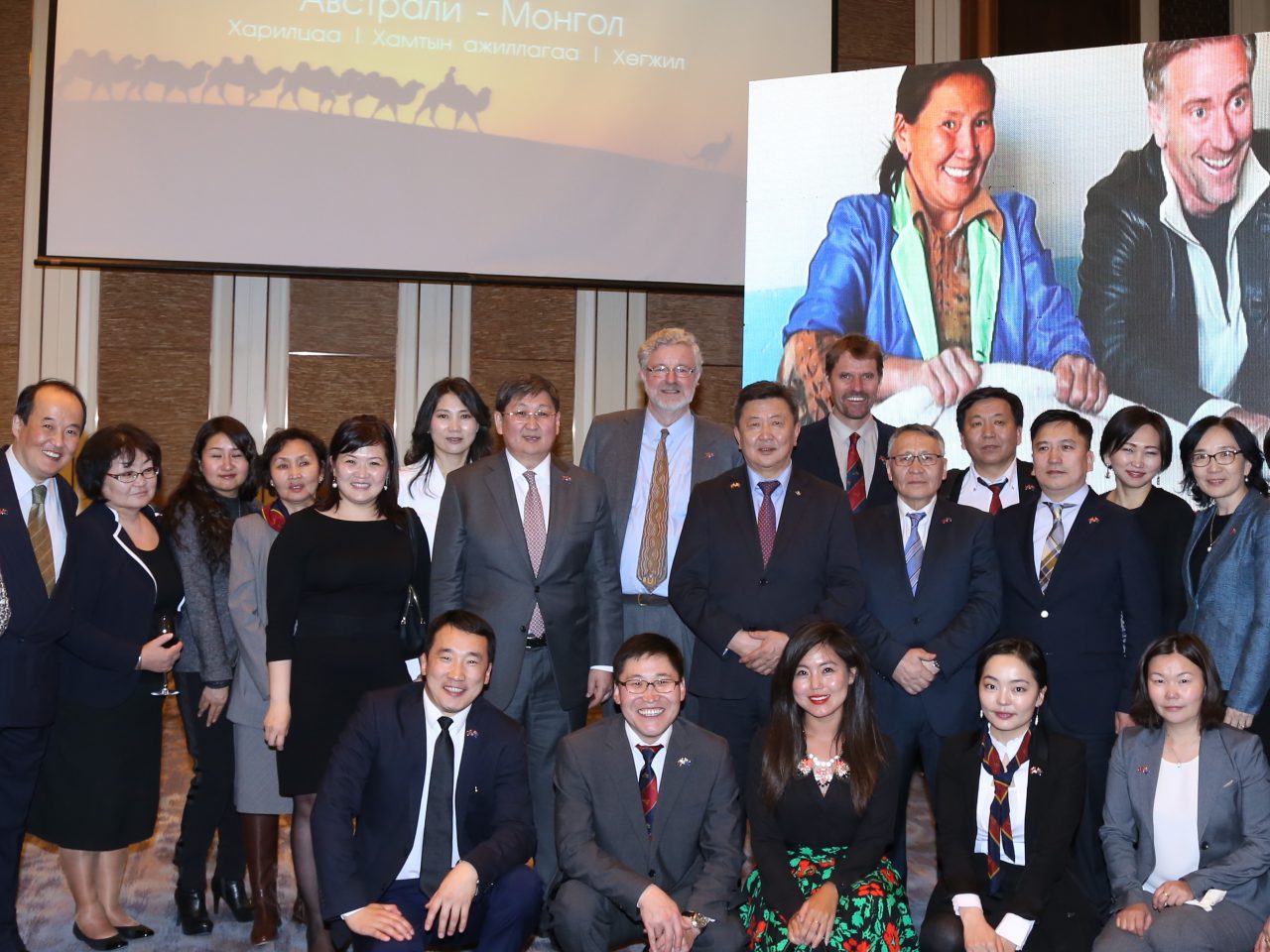Promoting a stable and prosperous regional and global environment by cultivating and deepening our engagement with bilateral and regional partners and multilateral institutions
‘2+2’ diplomacy in action
![20151122ran8108462_118 Deputy Secretary Gary Quinlan and Foreign Minister Julie Bishop attending the Australia–Japan ‘2+2’ Meeting in Sydney. [DEPARTMENT OF DEFENCE/ABIS Richard Cordell]](../../../../../wp-content/uploads/2016/09/PHOTO-9a-North-Asia-22-AUSTRALIA-JAPAN-CROPPED-1280x960.jpg)
‘2+2’ diplomacy in action
Australia’s ‘2+2’ foreign and defence ministerial meetings are the key bilateral forums for developing and implementing bilateral security and defence cooperation with Japan and the Republic of Korea. This form of diplomatic engagement delivers practical security cooperation through the sharing of assessments on regional security matters, coordination of activities, negotiation of agreements and monitoring of implementation.
On 22 November 2015, the department facilitated the sixth Australia–Japan ‘2+2’ Ministerial Meeting in Sydney. Ministers discussed regional and global issues, including developments in the South China Sea, North Korea and international counter terrorism efforts. Ministers underlined the two countries’ deep engagement in the economically and strategically significant Asia–Pacific and Indian Ocean region. Ministers committed to concluding a joint strategy for cooperation in the Pacific, which was subsequently agreed in February 2016.
Ministers also reviewed progress in strengthening the defence relationship and agreed a range of new initiatives. They welcomed progress in negotiating a reciprocal access agreement covering enhanced administrative and legal procedures and to further facilitate joint operations, training and exercises.
For the second Australia–Republic of Korea ‘2+2’ Ministerial Meeting in Sydney on 11 September 2015, the department in conjunction with the Department of Defence developed a Defence and Security Blueprint agreed by ministers. The blueprint sets out areas for practical security and defence cooperation and builds on our collaboration in multilateral and regional forums.
The meeting also discussed key regional challenges. Both countries expressed deep concern at North Korea’s nuclear and ballistic missile programs and its human rights violations. These meetings show that by working together with our key partners, Australia can play a significant role in promoting a more stable and prosperous regional and global environment.
